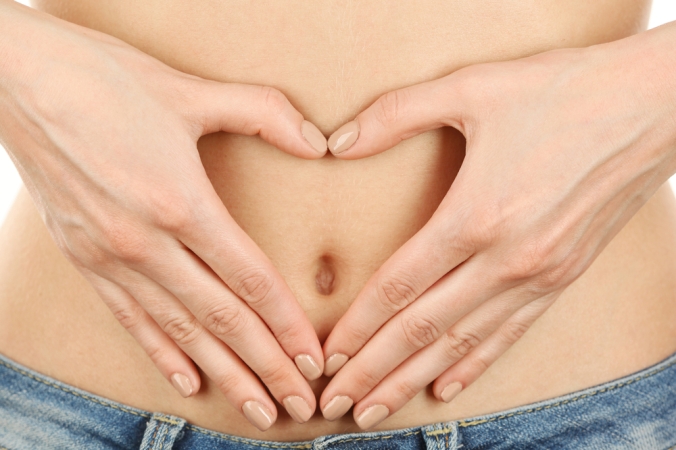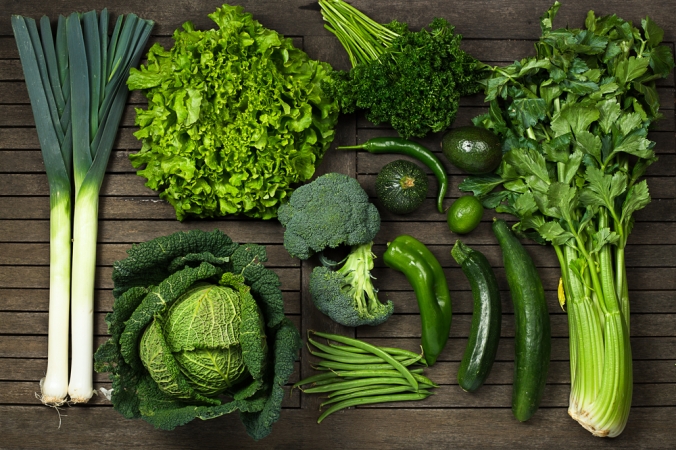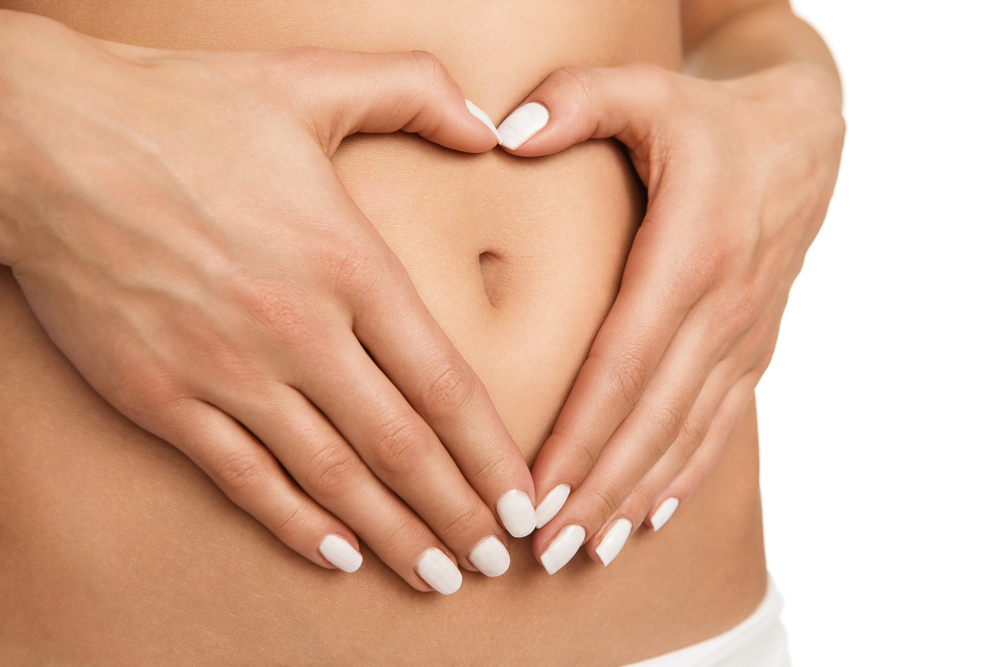
Many of you will have heard of probiotics but may not be as aware of prebiotics. The two are in fact a marriage made in heaven, but what do prebiotics do and where can we find them in food?
Clinical Nutritionist Suzie Sawyer shares the inside track on prebiotics.

Essentially prebiotics act as food for probiotics, those all-important microbes living within the gut providing many and varied health benefits. As such, both probiotics and prebiotics are essential for life.
How do prebiotics work?
Think of prebiotics as a gardener would when tending his plants: everything needs to be seeded (probiotics) and then nourished (prebiotics).

Prebiotic-rich foods feed the gut microbiota, creating short chain fatty acids (SCFAs). These SCFAs are the fuel source for the colon, providing energy, maintaining its integrity, and helping repair any damage along the way. Once activated, they help reduce inflammation throughout the body and also talk to your genes, repairing any DNA damage. So as humans, we cannot utilise prebiotics directly, but they have an important impact on the good bacteria residing in the gut.
What foods contain them?
Interestingly, it used to be thought that prebiotics were only found in foods containing soluble fibres such as oats, beans, and root vegetables but we now know they’re also found in plant polyphenols (which are rich in all fruits and vegetables). Prebiotics are also found in particular fats (red meat contains some, plus cottage cheese and yoghurt) and various polyunsaturated fats. These are all the things on which your gut microbiome thrives.

The list of foods containing prebiotics is very long but includes asparagus, artichokes, avocados, beetroot, onions, garlic, tomatoes, bananas, root vegetables, lentils, green tea, and fruits. Even the sweetener, xylitol provides some prebiotics. When nutritionists talk about the benefits of eating a varied and colourful diet, this is one of the many reasons why. Essentially, if you’re eating a good variety of vegetables as a minimum, your gut will benefit from the food it’s receiving.
Prebiotics are also commonly used in probiotic supplements, or on their own in supplement form. Because they can start a feeding frenzy in the gut, especially in people who need them most, they can cause some wind and bloating in the first few weeks. This is actually a good sign that they’re working, although for sufferers it can be frustrating of course.
How do prebiotics help in the body
Prebiotics fulfil many functions in the body especially in keeping blood sugar levels in check, maintaining blood fats in the healthy range, and helping build bones. However, it’s when it comes to digestive health that their benefits are probably best known about and understood.

Prebiotics promote the growth of our resident, most prevalent and healthy probiotics (good bacteria), the lactobacilli and bifidobacterial strains, essential for good digestive function. They help to with stool production and prevent and treat constipation, and diarrhoea too. The gut needs to protect itself from unwanted and disease-causing bacteria, which is an important part of what these probiotic strains do.
Importantly, prebiotics help to keep the whole digestive system moving along in a timely fashion, which is an essential part of our overall health. SCFAs are critical in many bodily processes, including energy production and protecting the whole body, including the digestive tract, from free radical damage. From a nutritional perspective, we always talk about the gut being the second brain, such is its importance and prebiotics are certainly an intrinsic part of our digestive health.
FOR MORE GREAT NUTRITION AND LIFESTYLE ADVICE:
Sign up to receive our blog and get a weekly dose of the latest nutrition, health and wellness advice direct to your inbox.
For everything you need to know about vitamins, minerals and herbs visit our sister site Vitamin Expert – your essential guide to nutrition and natural health.
Follow us on Instagram @feelaliveuk for nutrition, lifestyle and well-being tips.
Visit us at www.feelaliveuk.com for the latest offers and exclusive Alive! content.
Follow and Chat with Suzie on Twitter @nutritionsuzie
All images: Shutterstock
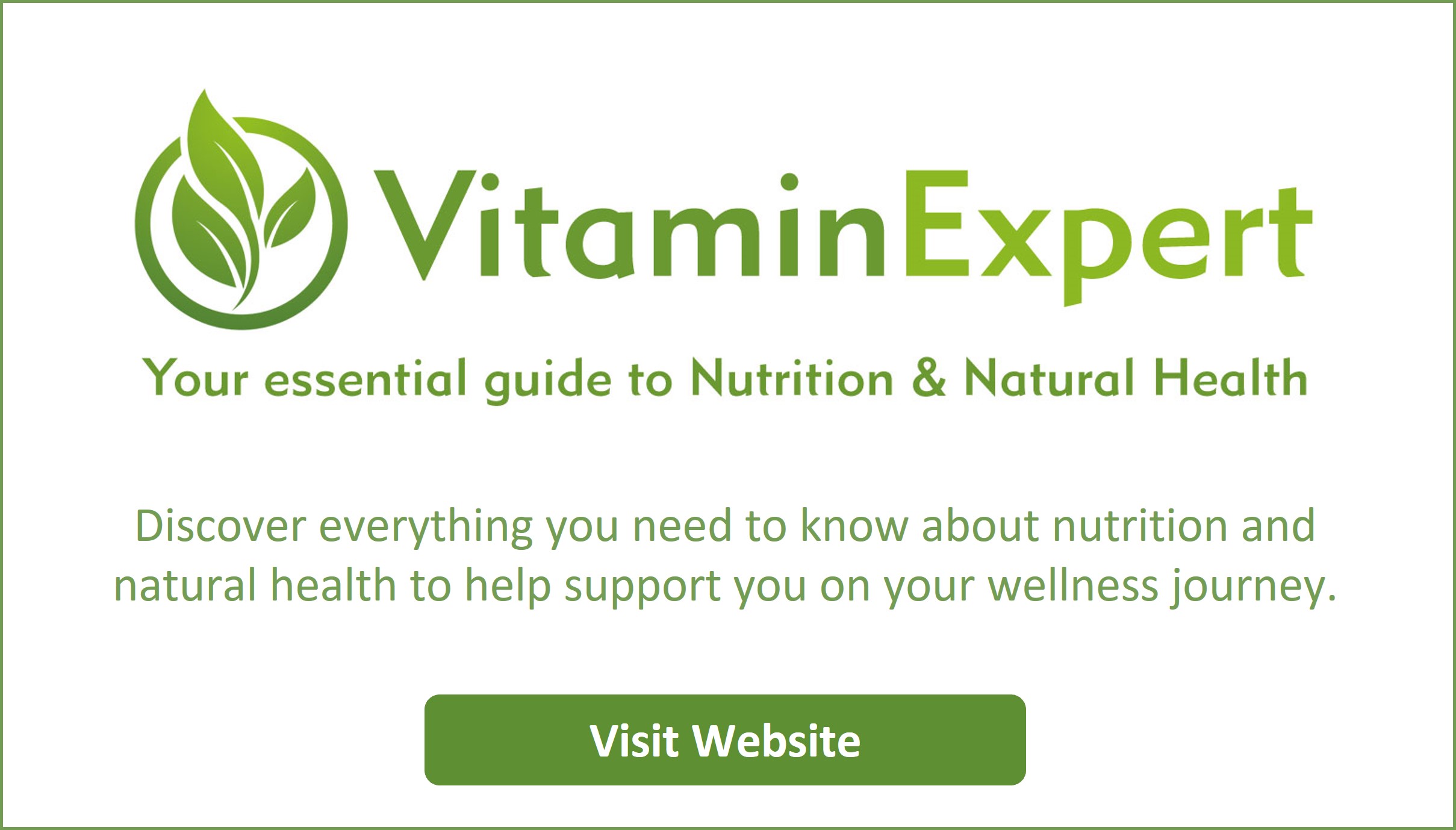

 You’ve probably heard the words, but you may not be too sure of the differences or what they do.
You’ve probably heard the words, but you may not be too sure of the differences or what they do. 
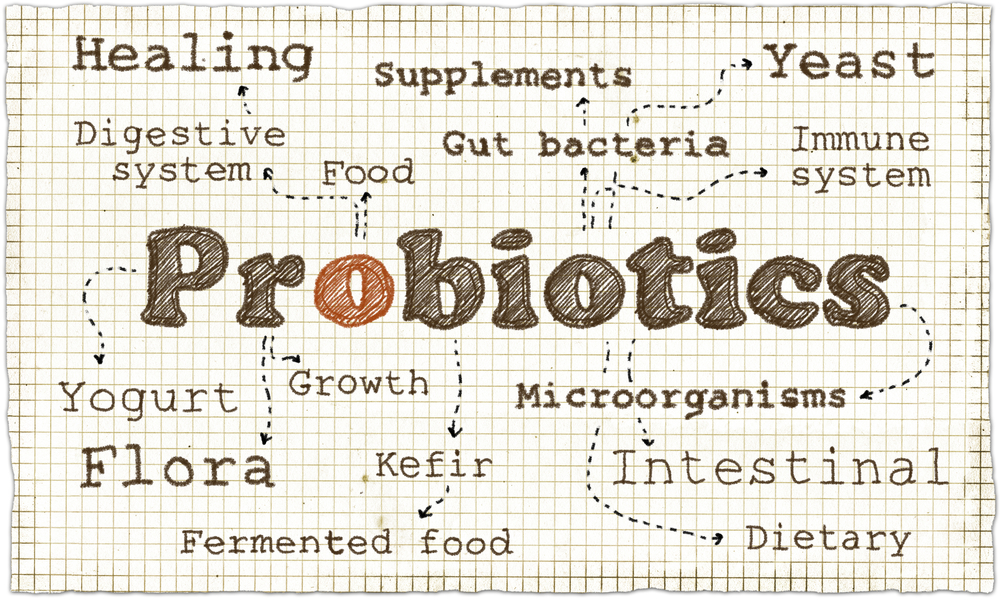








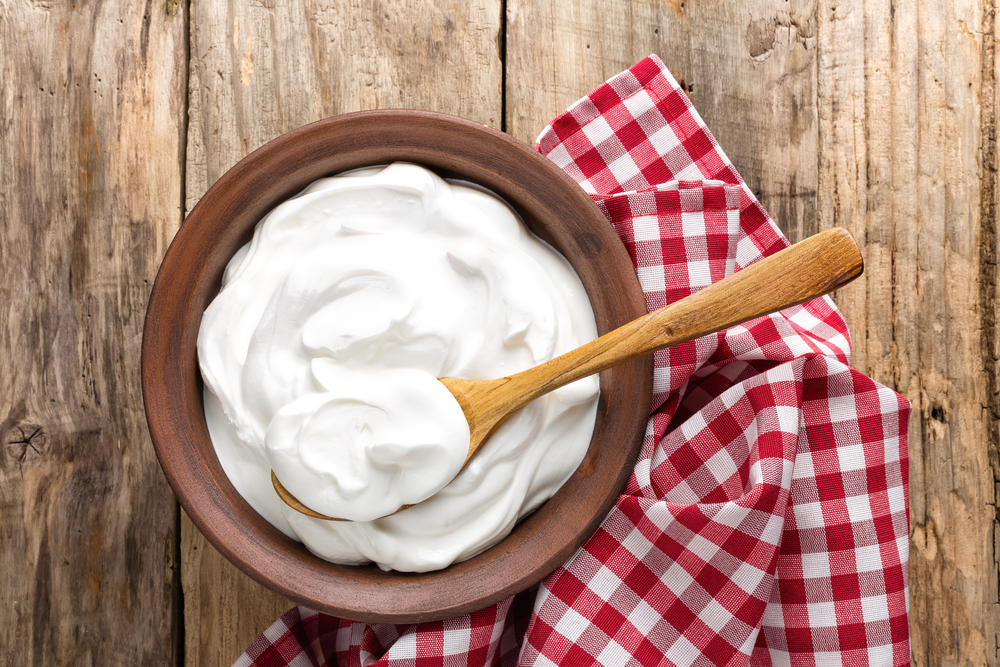

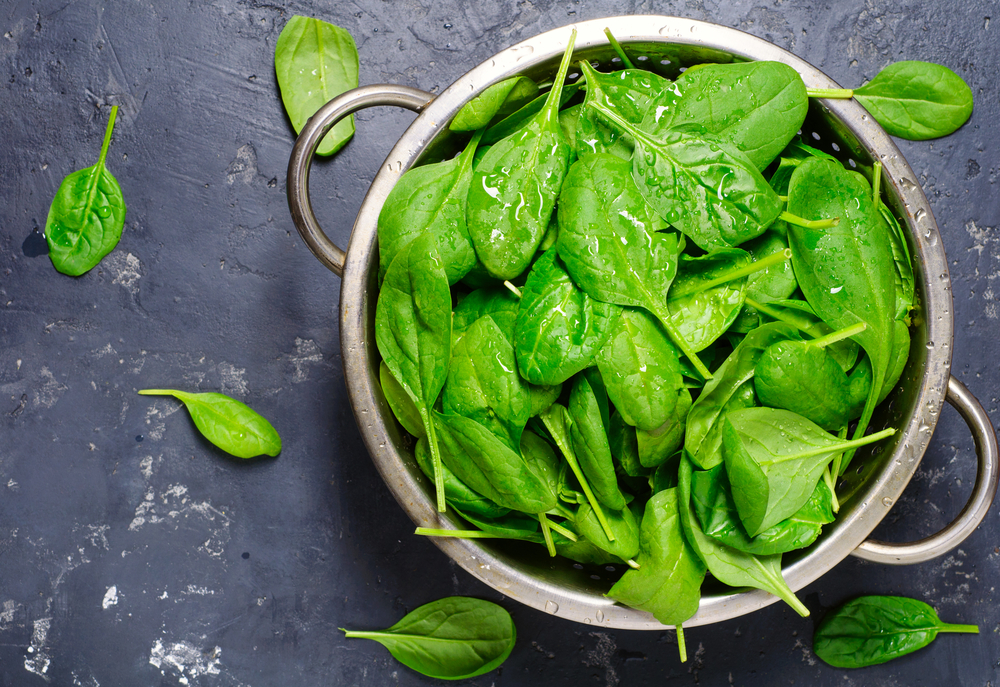

 Help is at hand in the form of the herb
Help is at hand in the form of the herb  It’s worth packing some effervescent vitamin C tablets and start taking them at the first sign of coughs and sneezes, repeating every few hours. The sooner you start taking it, the more effective it will be. Some people find their bowels become looser when using it which is perfectly normal. Vitamin C is quickly excreted from the body which is why it’s best to take it regularly throughout the day.
It’s worth packing some effervescent vitamin C tablets and start taking them at the first sign of coughs and sneezes, repeating every few hours. The sooner you start taking it, the more effective it will be. Some people find their bowels become looser when using it which is perfectly normal. Vitamin C is quickly excreted from the body which is why it’s best to take it regularly throughout the day.











